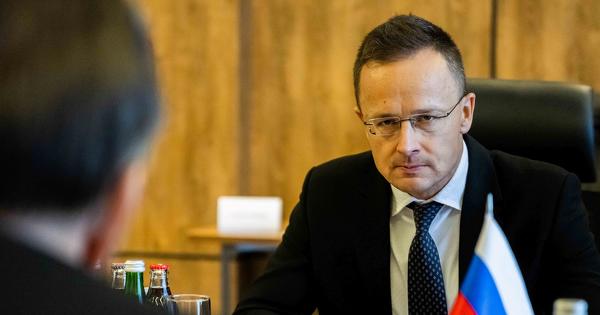After conferring with his newly appointed British colleague, James Cleverly, the head of the ministry described the island nation’s departure from the European Union as a huge loss, and stated that the damage had to be minimized in some way, which required reasonable cooperation based on mutual respect. .
“We often see that in Brussels they respond somewhat nervously to British proposals, and we see that decisions taken in Brussels make British-European cooperation more difficult,” he said.
As an example, he cited and criticized the UK’s exclusion from the Horizon and Digital Cooperation programme.
Then he added, “In the current situation, when the EU’s economic competitiveness has suffered a lot of damage, this is a very bad trend, because close cooperation with the British will help the EU to be stronger and more competitive.”
Peter Szijjarto emphasized: They remained convinced that Hungary would continue consultations in Brussels with a view to resolving existing disputes as soon as possible.
He warned that in light of the current international situation, the continuation of disputes with the United Kingdom is clearly contrary to the interests of the European Union and Hungary.
During the day, the Minister also held talks with leaders of the largest British companies investing in Hungary. In this regard, he pointed out the need to move away from recession, and for this new investments must be encouraged, as the new jobs needed to maintain economic growth can be created.
He stated that British companies make up the sixth largest investing community in Hungary, having nearly 800 companies employing more than 50,000 people, and cooperation with them helps Hungary stay out of the European recession.
Finally, he touched on the important strategic area in which the Hungarian and British governments take a similar position: nuclear energy and the elimination of negative discrimination against it.
(MTI)












































